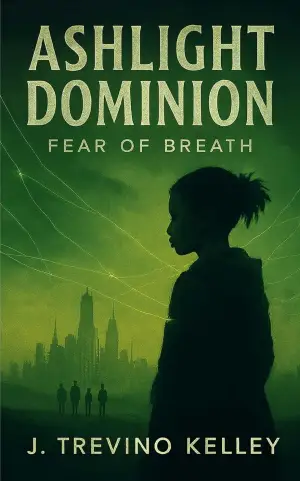I just finished reading The Song of Achilles by Madeline Miller, and I can confidently say that this New York Times Bestseller is one of the most compelling retellings of Greek mythology I’ve encountered. As a passionate reader with a deep appreciation for classics, I was intrigued by the idea of reimagining the timeless tale of Achilles and Patroclus, exploring themes of love, honor, and fate.
Miller’s prose is beautifully lyrical, instantly pulling me into the world of ancient Greece. Her ability to humanize the mythic heroes while staying true to the spirit of The Iliad is nothing short of brilliant. I particularly appreciated that Miller chose to narrate the story through Patroclus, a character often overshadowed in the original text. This decision provided an intimate perspective that richly develops both his character and the emotional core of the story.
One of the standout positives for me was how the relationship between Achilles and Patroclus is portrayed. The unfolding of their love story is tender and profound, making their eventual separation all the more heartbreaking. I found myself deeply invested in their bond, which is beautifully written and resonates with authenticity. Patroclus, often viewed as the more sensitive character, brings balance to Achilles’ fierceness, creating a dynamic that is captivating to read about.
However, while the lyrical writing enhanced the storytelling, some readers noted that the pacing could be a double-edged sword. I agree that the narrative started slow, but I found it a necessary buildup that made the emotional payoff even more rewarding. Others might find this slow start off-putting, potentially dampening the overall experience.
Additionally, consider the depth of character we delve into that sets this retelling apart from its predecessor. The way Miller fleshes out figures like Briseis, who initially serves as a pawn in the larger story, adds another layer to the narrative. Her journey in the face of love and captivity, along with her perceptions of Achilles and Patroclus, left a lasting impression on me.
On the flip side, some readers felt that the pacing issues detracted from the more action-packed elements of the plot. They found parts of it emotionally draining but meaningful, while others reported mixed reactions about the adventure aspect. While I do see this point, I believe the emotional journey Miller leads us on is just as, if not more, significant than epic battles.
The richness of the emotional landscape was impactful enough that I found myself shedding tears at pivotal moments, particularly during Patroclus’ fate. Many readers echoed this sentiment, highlighting the way Miller captures the agony of loss and the fierceness of love.
In terms of historical accuracy, I was relieved to see that Miller kept a respectful balance between creative liberties and the truths of Greek mythology. From Odysseus’ quest to the tragic interactions with the gods, the narrative aligns well with established myths.
In conclusion, The Song of Achilles offers a unique lens through which to explore a well-trodden tale. It is an evocative blend of intense emotion, rich character development, and powerful themes of love and destiny. While it may not resonate with everyone—especially those seeking a quick-paced adventure—it beautifully captures the essence of an immortal love story set against a backdrop of war and glory. I’d highly recommend it to anyone intrigued by Greek mythology or looking for a novel that delves deeply into the human experience. A heartfelt 4.5 stars from me!
Discover the timeless tale of love and heroism in The Song of Achilles (Enhanced Edition). >>








